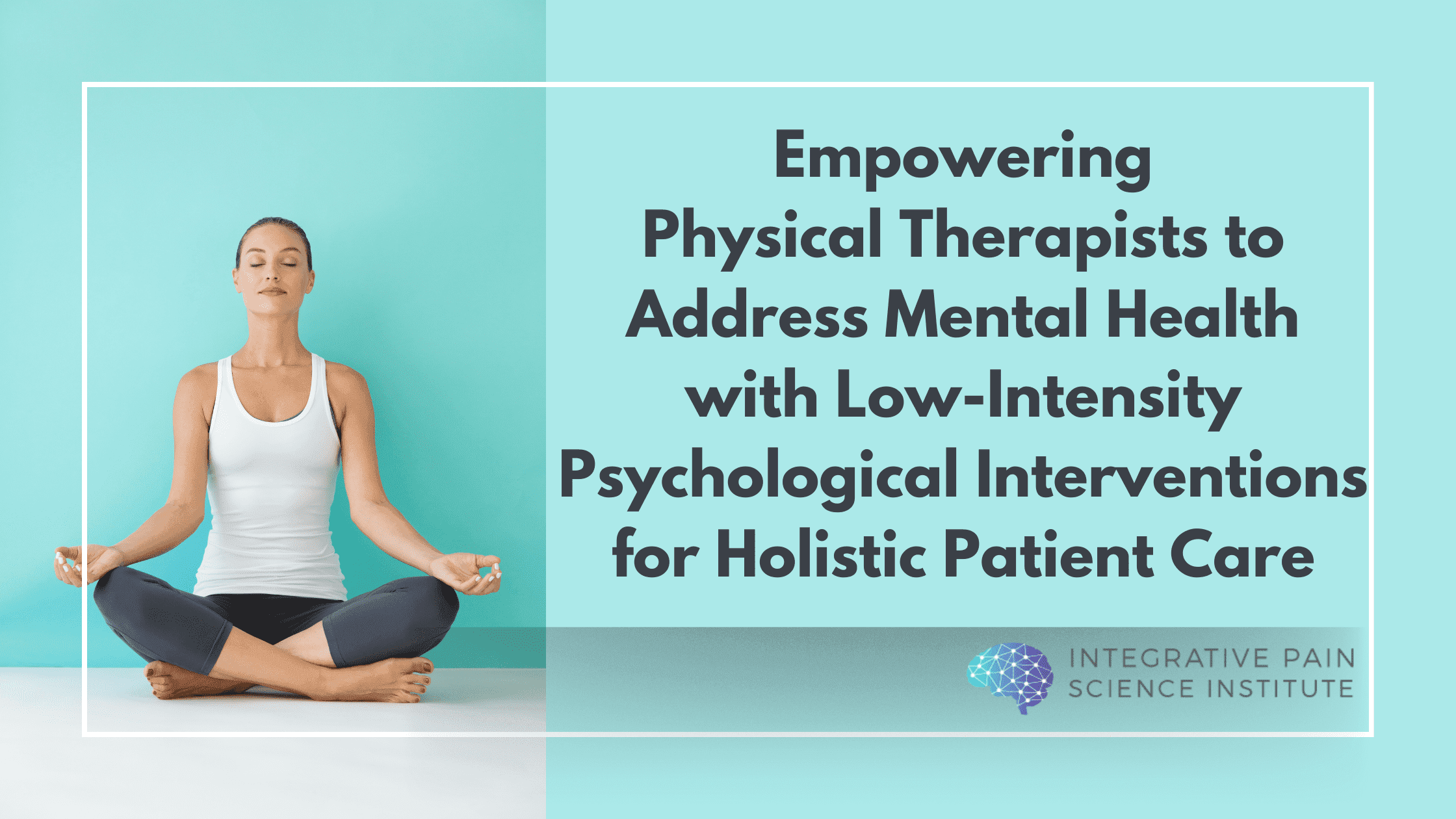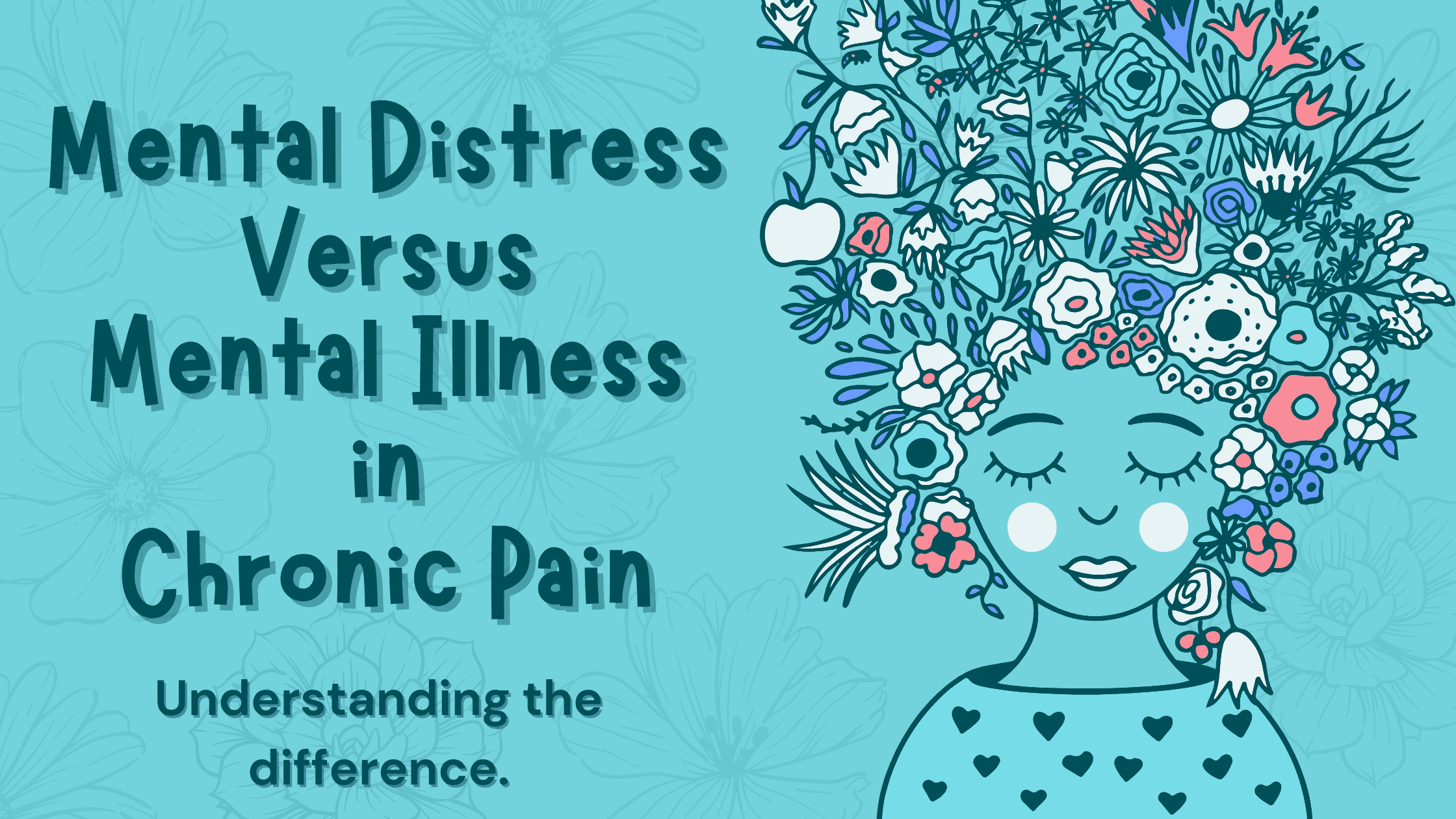As we continue to see the obesity rates steadily climb not just here in the U.S. but worldwide, we now know that the old myth of eating less and exercising more is no longer a valid solution to weight loss. Yes, proper nutrition and exercise absolutely matter, but obesity is a much more complex issue with other factors involved.
Today, we are exposed to so many environmental toxins. Combine all of this with a lack of proper nutrition, lack of exercise, lack of sleep and being overly stressed, you have the cause of the worldwide epidemic of obesity we are now facing. Today I want to talk about “obesogens,” what they are and just how they are contributing to this worldwide problem. We’ll also talk about what you can do to avoid them.
Obesogens: The Hidden Culprit in the Obesity Epidemic
What are obesogens? Obesogens, as you can tell by its name, do have a great deal to do with obesity. Obesogens are defined as dietary, pharmaceutical, and industrial chemicals that may disrupt our bodies’ naturally occurring metabolic processes and may predispose someone to gain weight. In other words, toxic disruptors which contribute to making us overweight and sick. Obesogens can be found in most common household products, cosmetics, plastics, pesticides, our food supply and water supply. Cigarette smoke and its related toxins have also been added to the list. Some of the most heavily sprayed foods with pesticides are found here in this list called the “Dirty Dozen”. We definitely want to choose organic whenever possible if we are aiming to avoid toxicity and especially avoid the biggest offenders on the list provided.
Studies tell us exposure to these toxins may alter our metabolism and fat cell metabolism for life. Others are affected later on in adulthood. Scientists know a great deal more now than ever before about the role of toxins and fat. You see fat cells act as an endocrine gland releasing hormones that affect appetite, satiety, metabolism and food preference. These can all be determined depending on the kind of obesogens we are exposed to. Some of these traits may be passed down to other generations. Some of the major offenders are glyphosphate (Heavily found in the DNA makeup of GMO crops, especially wheat, corn, and soy) and Bisphenol A (BPA used to make plastic products) which is an endocrine disruptor and mimics estrogen in the body. BPA is so common in today’s products. You can find them in refrigerator shelving, water bottles, food containers, water pipes, and flooring. What’s alarming is studies have demonstrated their harmful effects at low levels of 2-5 pars per billion. Many canned foods contain this amount or more. Recent studies have discovered that most of the U.S. population have bisphenol-A at levels of at least 2.7 ppb.
Animal studies demonstrate mice given BPA’s at levels lower than what is found in most humans were significantly more obese than the mice not fed BPA’s. Glyphosphate has officially been named as a possible carcinogen and disrupts gut bacteria which has a cascade effect on inflammatory pathways, toxicity (hinders our liver’s ability to rid itself of toxins) and obesity. Glyphosphate is the main ingredient in Roundup, the most commonly used herbicide on the planet. It is no wonder we are seeing this kind of enormous health epidemic. Another doozy is toxic endocrine disruptors turn on our fat producing and fat storing signals. Fat cells harbor toxins and are extremely pro-inflammatory. This is the perfect storm for the genesis of disease and obesity.
Ways to Reduce Your Exposure to Obesogens
 Avoid plastic whenever possible, especially with food storage. Use glass instead. Stop drinking from plastic water bottles and go for glass or stainless steel. And please do NOT cook in plastic in the microwave!
Avoid plastic whenever possible, especially with food storage. Use glass instead. Stop drinking from plastic water bottles and go for glass or stainless steel. And please do NOT cook in plastic in the microwave!- Read the labels on everything, including personal care products and refrain from using any that contain parabens. Names to look out for are butylparaben, isobutylparaben, ethylparaben, methylparaben, and popylparaben.
- Eliminate soy and corn from your diet as much as possible as they are contaminated with glyphosate.
- Eat organic to avoid unnecessary pesticide exposure as well as GMO’s (see the “Dirty Dozen” list from above).
- Eat from the Clean Fifteen to limit your toxic exposure.
- Avoid second-hand smoke and air pollution, get rid of toxic air fresheners in your car and house and use chemical-free cleaning products. There are a ton of online resources you can purchase from or you can google instructions on how to make your own.
Do yourself a favor and ditch the toxins in your life. I hope this article has been an eye-opener and has allowed you to realize the unnecessary toxic burden placed on yourself and how to make the necessary adjustments to avoid this starting now. Your body has extraordinary healing ability as well as detoxification power, but you must harness it!
Speaking of harnessing your body’s healing power,
Get started by downloading your Healing Foods Checklist and Shopping Guide now!
In health,
Dr. Joe Tatta, DPT, CCN
References



